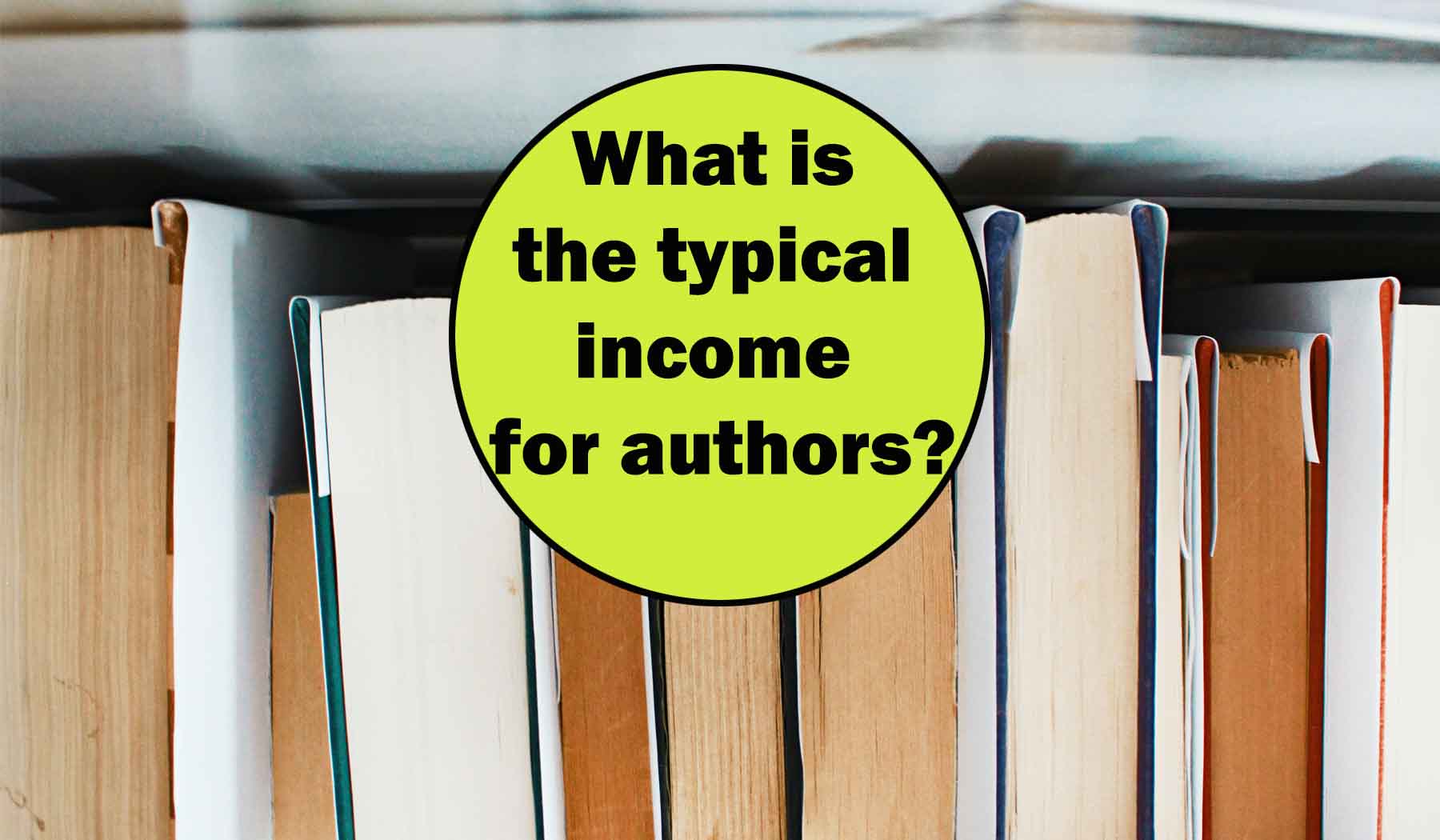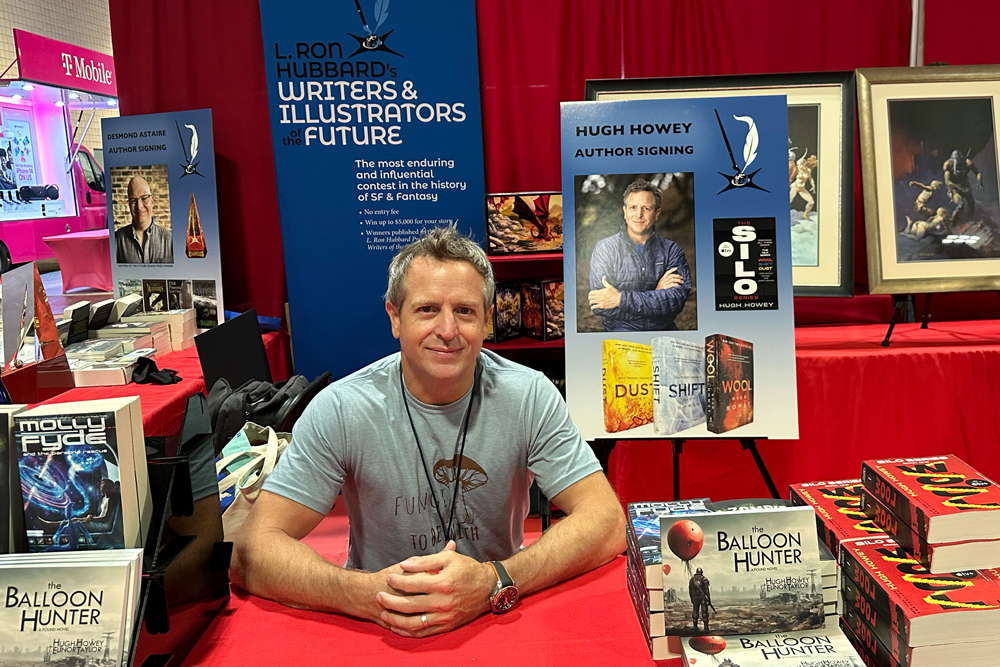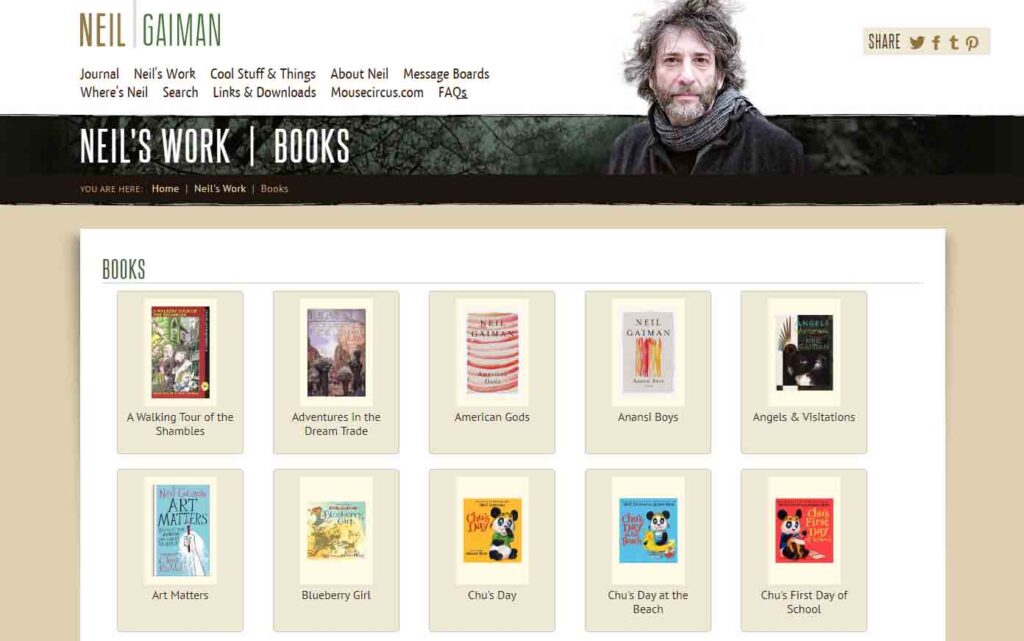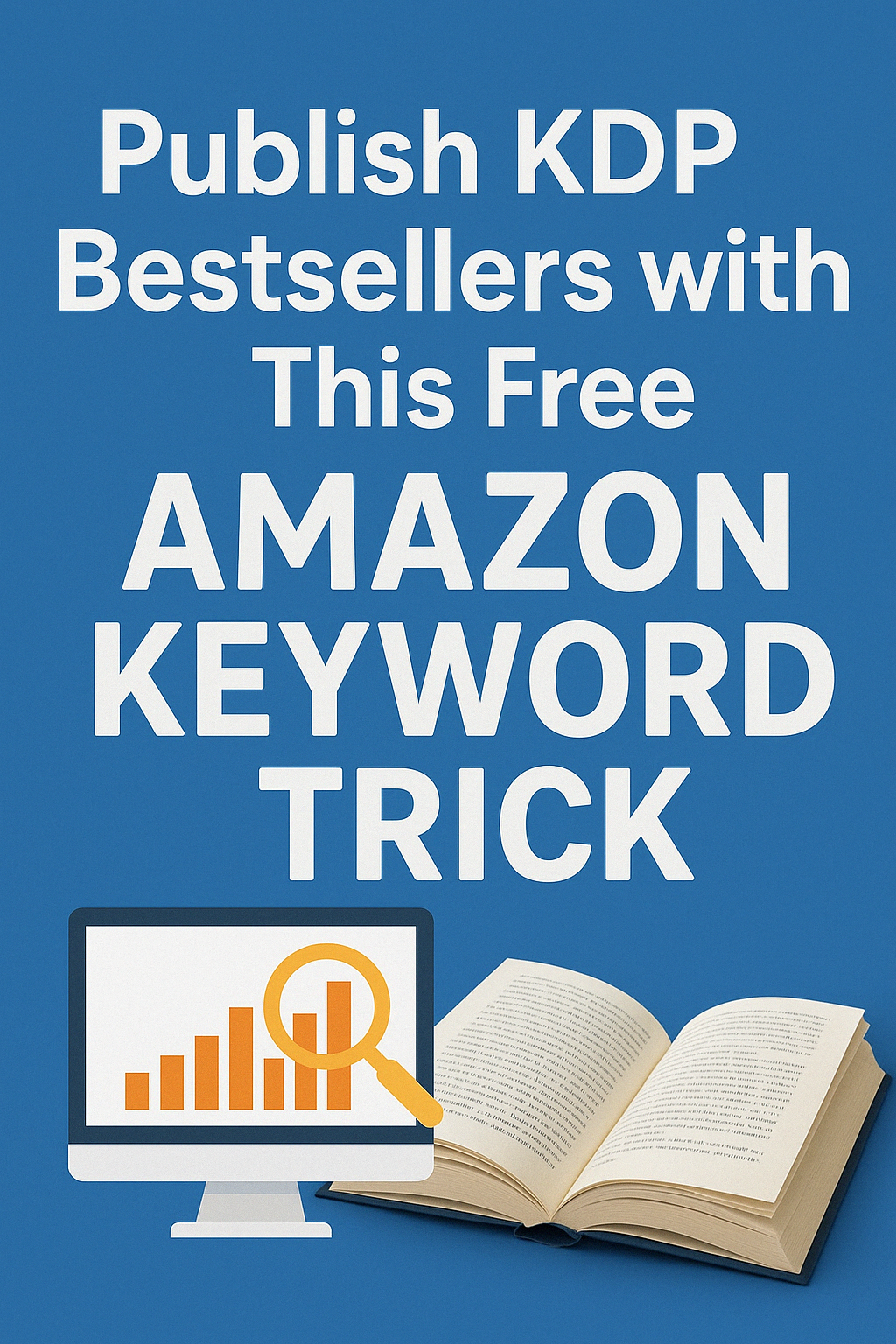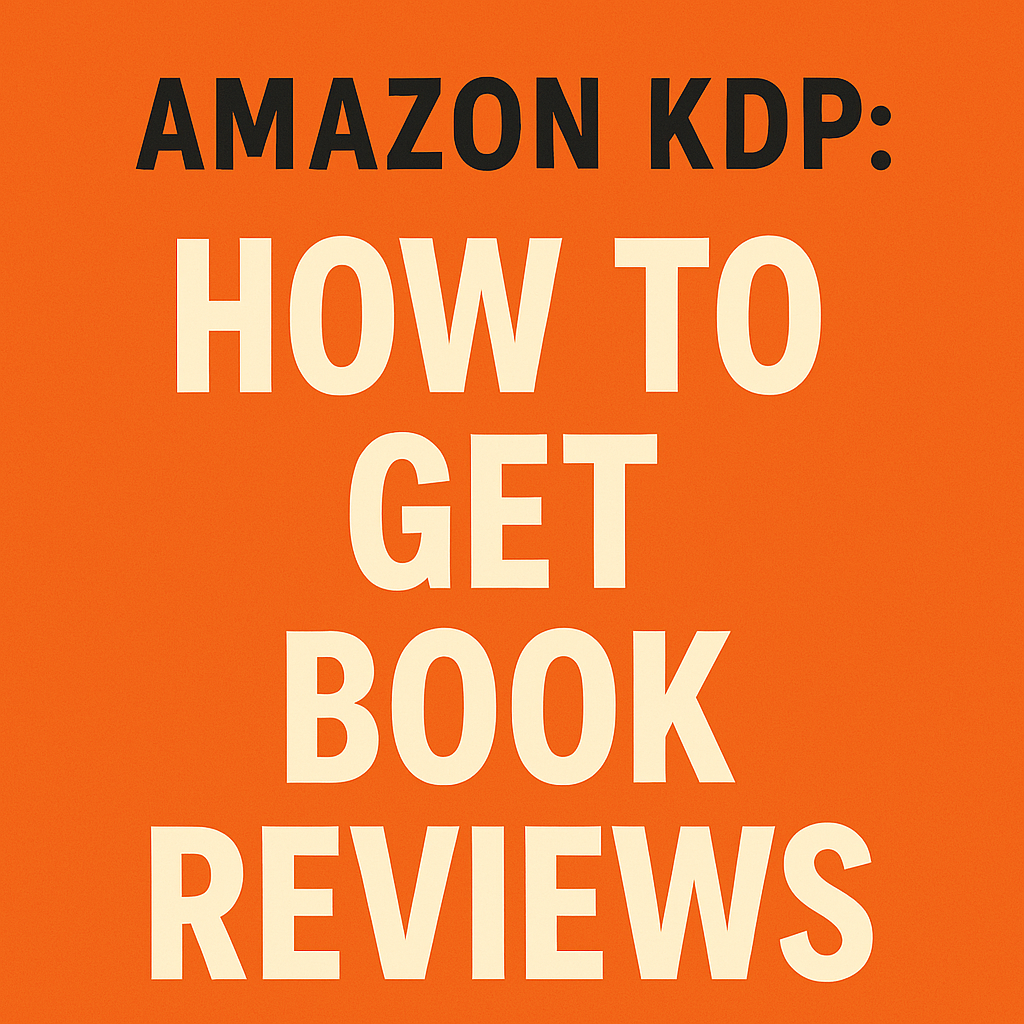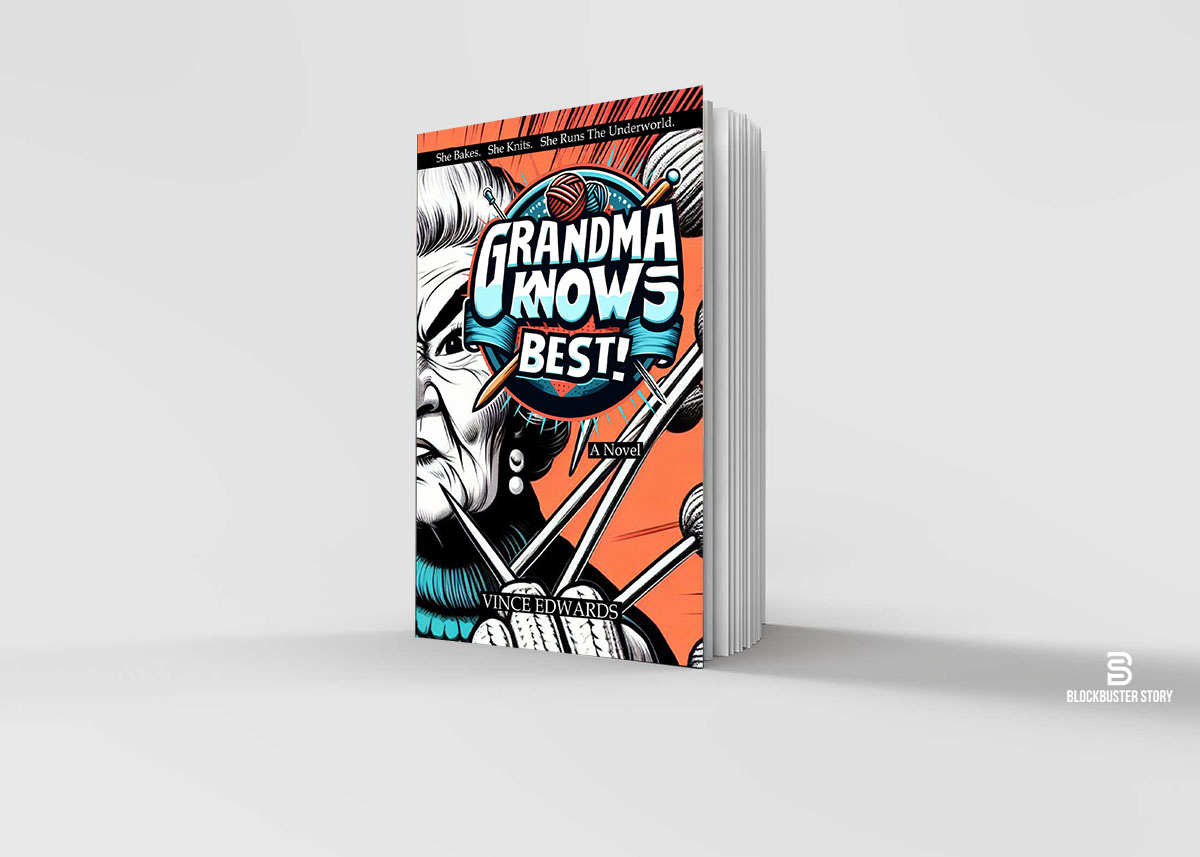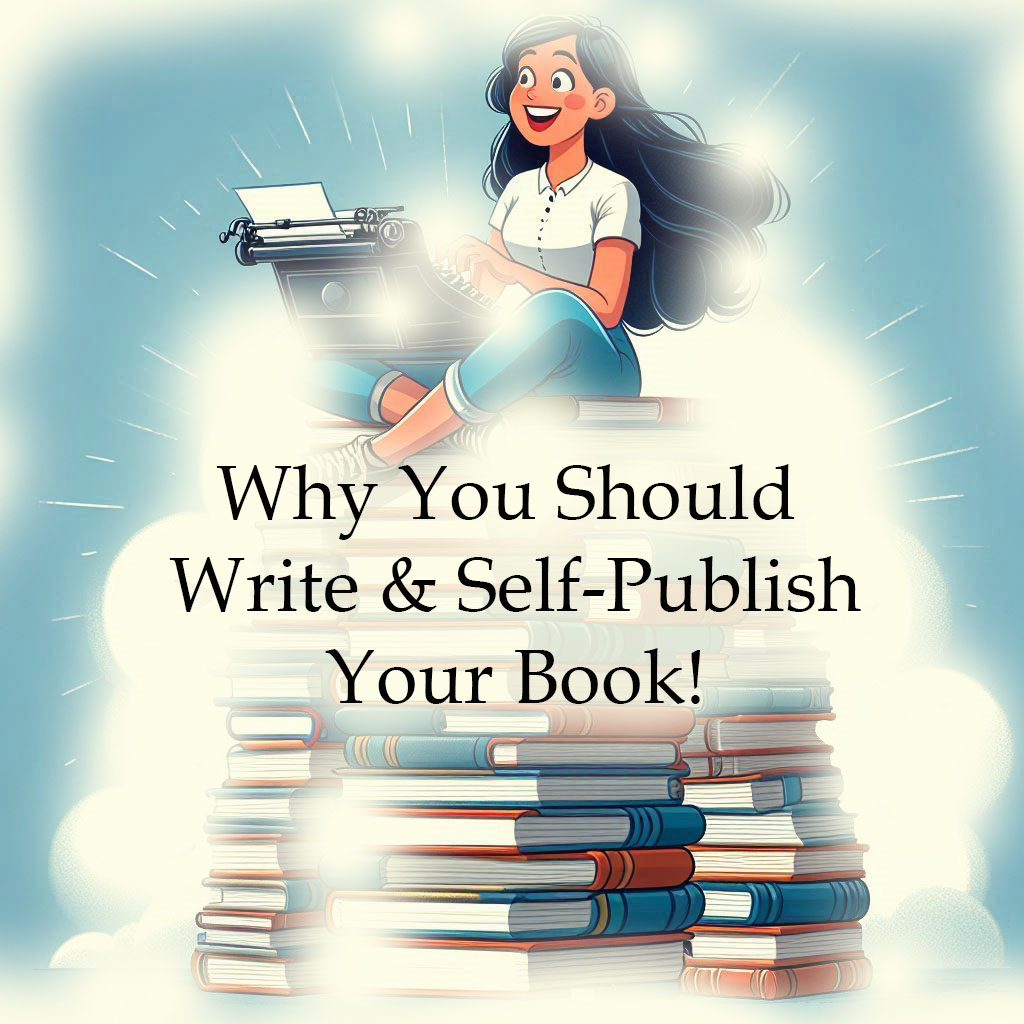In the vast realm of literature, a question that often echoes is, “How much do authors make?”
Aspiring writers, book enthusiasts, and even seasoned authors are intrigued by the financial landscape of the writing profession.
Let’s delve into the intricacies and unveil the various factors that contribute to an author’s income.
Diverse Revenue Streams for Authors
1. Book Sales
- Book sales form the cornerstone of an author’s income. The genre, target audience, and marketing efforts play pivotal roles in determining sales figures.
2. Royalties
- Understanding royalties is crucial. Different formats, such as hardcover, paperback, and e-books, yield varying royalty percentages. Negotiating favorable terms with publishers is key.
3. Advances
- Many authors receive an advance payment from publishers before the book is published. However, it’s essential to recognize that this advance is deducted from future royalties.
4. Self-Publishing
- With the rise of self-publishing platforms, authors can retain a higher percentage of their book sales. Balancing creative control with marketing responsibilities is a challenge to navigate.
Influence of Genre and Market Trends
1. Popular Genres
- Certain genres, like romance and mystery, tend to have a broader reader base, resulting in higher sales. Niche genres may have dedicated readers but might not achieve mass-market success.
2. Trends and Timing
- Staying attuned to market trends and publishing at the right time can significantly impact an author’s earnings. Capitalizing on societal interests or cultural movements can boost book sales.
Marketing and Author Branding
1. Social Media Presence
- Authors with a robust social media presence often enjoy increased book visibility. Engaging with readers, participating in discussions, and sharing snippets of the writing process can cultivate a loyal fan base.
2. Author Branding
- Building a strong author brand transcends a single book. Consistency in messaging, cover design, and online presence contributes to a recognizable and trustworthy brand.
Diversification Beyond Books
1. Speaking Engagements
- Authors are increasingly leveraging their expertise for speaking engagements. Book tours, conferences, and literary events offer additional revenue streams.
2. Teaching and Workshops
- Imparting writing knowledge through workshops or online courses can be financially rewarding. Sharing insights into the craft not only benefits aspiring writers but also enhances an author’s income.
Real-Life Examples: Authors and Their Earnings
To provide a tangible understanding of author earnings, let’s explore a few real-life examples:
1. J.K. Rowling
- The renowned author of the “Harry Potter” series, J.K. Rowling, is a testament to staggering success. Her books have sold over 500 million copies worldwide, making her one of the wealthiest authors. Rowling’s income extends beyond book sales, encompassing movie rights, merchandise, and theme park collaborations.
2. Self-Publishing Success: Hugh Howey
- Hugh Howey gained prominence through self-publishing his dystopian series, “Wool.” His strategic approach to pricing and marketing resulted in significant e-book sales, showcasing the potential for lucrative self-publishing endeavors.
3. Hybrid Author: Neil Gaiman
Neil Gaiman, known for his works like “American Gods” and “Coraline,” exemplifies a hybrid author. With traditional publishing roots and a strong online presence, Gaiman diversifies his income through book sales, speaking engagements, and adaptations of his works into various media.
Roxane Gay secured a substantial $100,000 for “Hunger,” marking the fourth installment in her literary journey, a memoir.
Scott Westerfeld amassed $175,000 for “Extras,” the 15th addition to his repertoire in the realm of YA sci-fi.
Viet Thanh Nguyen received a noteworthy $250,000 for “The Refugees,” the third entry in his career, a compilation of concise stories.
Gillian Flynn achieved an impressive $400,000 for “Gone Girl,” her third literary venture, a gripping thriller.
Kristen Roupenian hit a remarkable milestone with a staggering $1.2 million for “You Know You Want This,” her debut book featuring the renowned short fiction, “Cat Person.”
Tips for Transitioning to a Full-Time Writing Career
Tip One: Evaluate Your Publishing Route Begin by understanding the distinctions between Traditional and Self-Publishing routes, and then make an informed decision based on your goals.
To maximize your earnings as a writer, it’s crucial to choose the right path.
Traditional publishing, while prestigious, can be time-consuming, taking 2 to 3 years for the entire process.
Bidding wars between publishers may not always result in substantial financial gains, with some authors receiving minimal prepayments.
Key Differences:
| Traditional Publishing | Self-Published |
|---|---|
| 10%-12% Royalty per Book | 40%-60% Royalty per Book |
| 2-3 Years for Book Publication | Can Publish 2-3 Books Annually |
| Prepayment with Delayed Royalties | No Prepayment, Immediate Earnings |
Tip Two: Write and Market Strategically Premium book publishers often employ individuals to develop trendy book concepts and hire writers to bring those ideas to life.
As a self-published author, you can take advantage of this trend-focused approach.
To write to the market, identify popular categories and analyze successful stories.
While some may debate the legitimacy of market-oriented writing, the key is to recognize that writing for trends can be a legitimate and strategic career move.
For instance, observing the shift from vampire novels to urban fantasy in the young adult category, you can tailor your writing to current market preferences.
This allows you to create and publish stories that resonate with readers.
Tip Three: Commit to Professionalism Treating writing as a profession yields professional rewards.
Here’s how to commit to being a professional writer:
- Make a Decision: Choose writing as you would choose a college.
- Invest Wisely: Consider professional assistance, such as Mczell Book Writing services, if needed.
- Set Goals: Plan completion dates and create writing goals.
- Learn and Adapt: Understand the path to optimal author earnings and stay informed about industry trends.
- Prioritize: Say no to unnecessary commitments, make sacrifices, and commit to a fulfilling writing career. Remember the quote, “If you treat writing like a hobby, it will pay like a hobby” by R.E. Vance.
Challenges and Realities
1. Unpredictability
- The publishing industry is inherently unpredictable. Factors like market saturation, economic downturns, or unexpected global events can impact an author’s earnings.
2. Time Investment
- Writing a book requires a substantial time investment. Balancing the creative process with marketing endeavors and other income-generating activities is a constant challenge.
In the labyrinth of author earnings, there’s no one-size-fits-all answer.
The financial success of an author is an intricate dance between writing prowess, marketing acumen, and market dynamics.
By understanding the multifaceted nature of income sources and navigating the challenges with resilience, authors can carve a path towards sustainable success.

